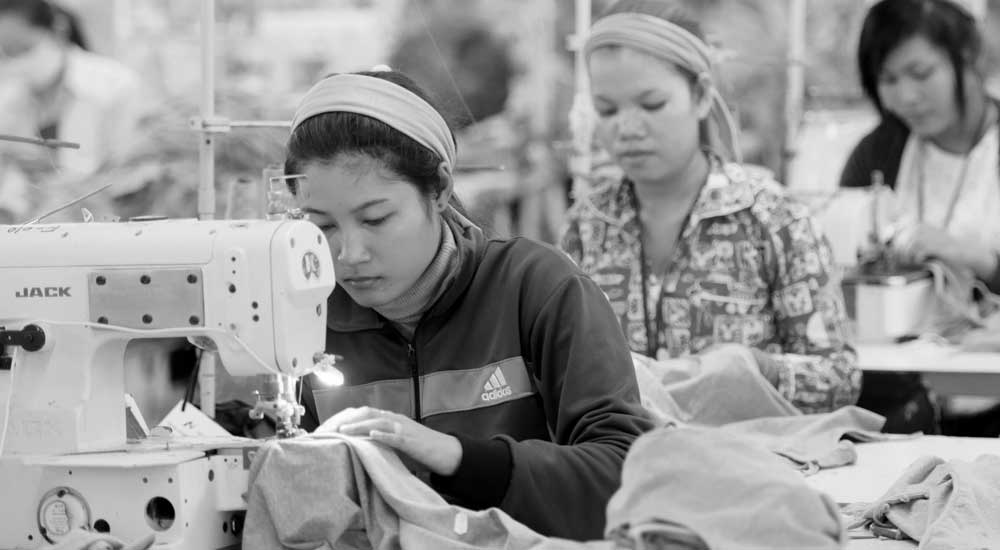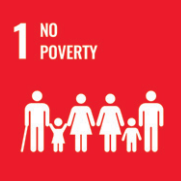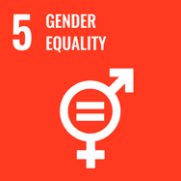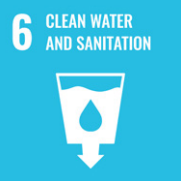SDG Goals
Responsible Consumption and Production


Goal 12: Sustainable Cities and Communities
We should urgently reduce our ecological footprint by changing the way we produce and consume goods and resources to achieve economic growth and sustainable development.
The biggest user of water worldwide and irrigation is from agriculture, which now claims nearly to 70 % of all freshwater for human use.
The important targets to achieve this goal are the efficient management of our shared natural resources, and the way we dispose of pollutants and toxic waste.
By 2030, reducing waste and encouraging businesses, industries and consumers to recycle is equally important. As there is supporting developing countries to move towards more sustainable patterns of consumption.
There is still consuming far too little to meet even their basic needs by a large share of the world population. Important for the creation of more efficient production and supply chains - halving the per capita of global food waste at the retailer and also at consumer levels. This can also help in food security, and will shift us towards a more resource structured economy.
Facts and Figures:
- 1 1.3 billion tonnes of food is wasted every year, while almost 2 billion people go hungry or undernourished.
- 2 The food sector accounts for around 22% of total greenhouse gas emissions, largely from the conversion of forests into farmland.
- 3 Globally, 2 billion people are overweight or obese.
- 4 Only 3% of the world's water is fresh (drinkable), and humans are using it faster than nature can replenish it.
- 5 If people everywhere switched to energy efficient lightbulbs, the world would save US$ 120 billion annually.
- 6 One-fifth of the world's final energy consumption in 2013 was from renewable sources.

















